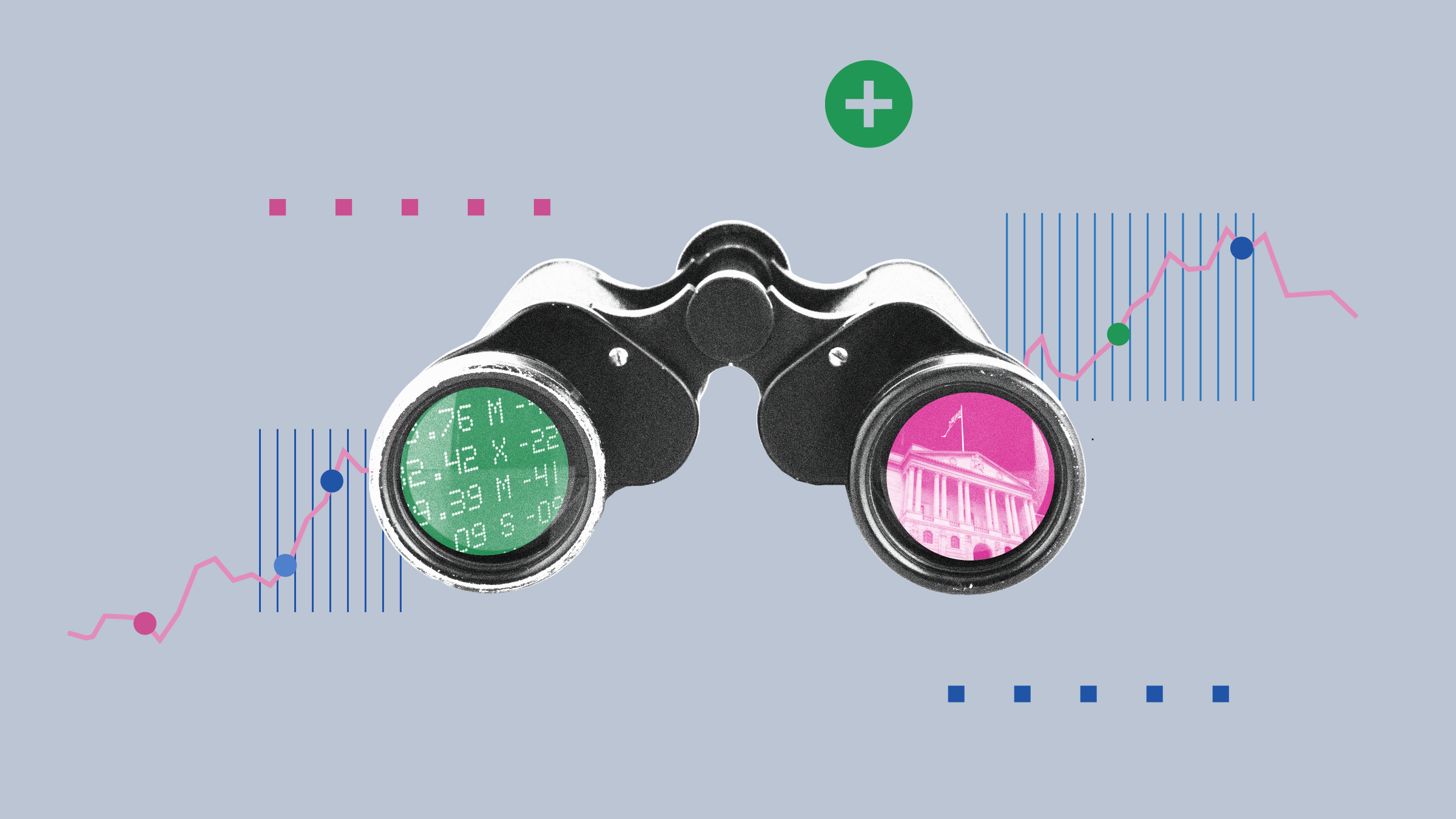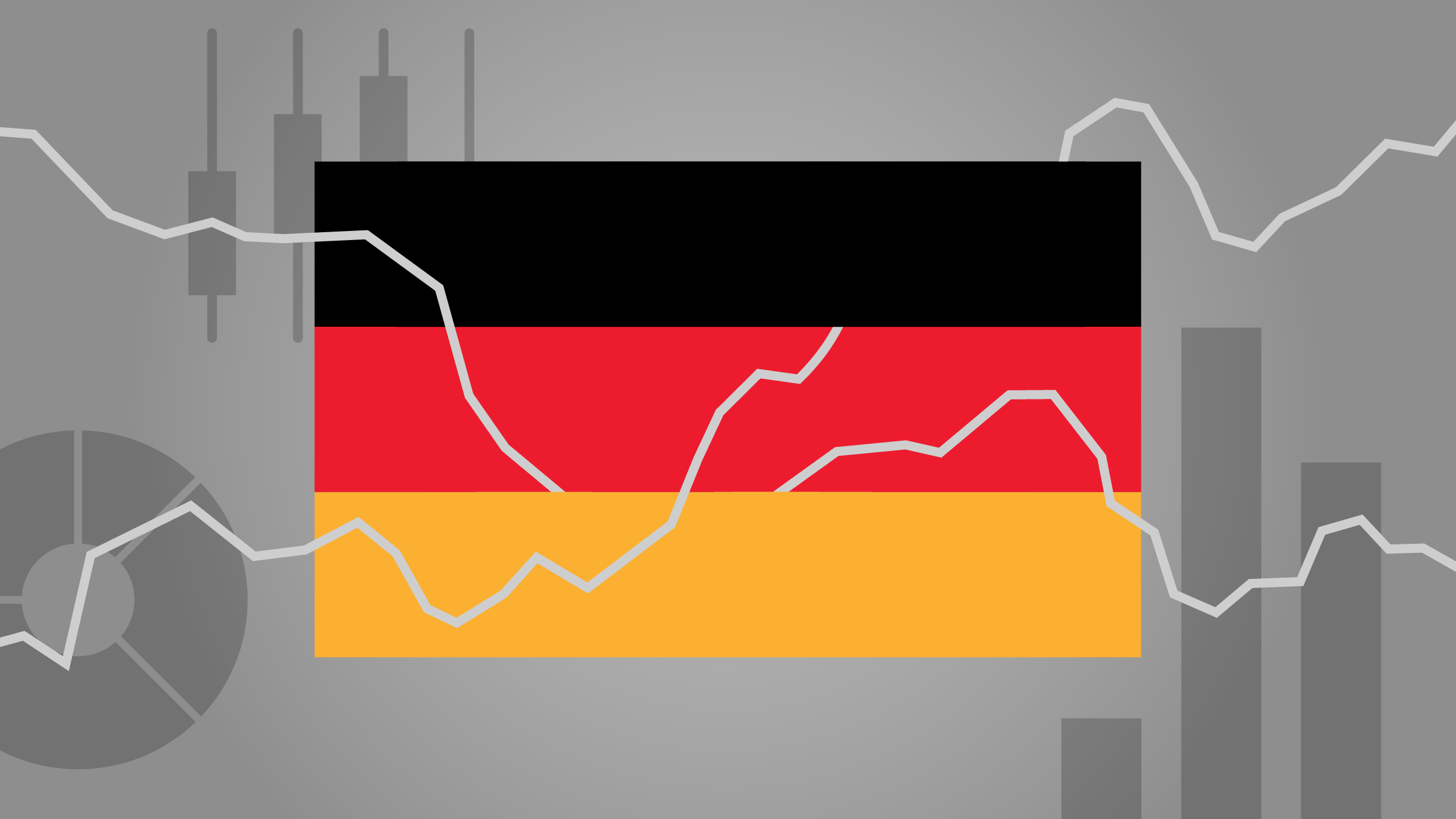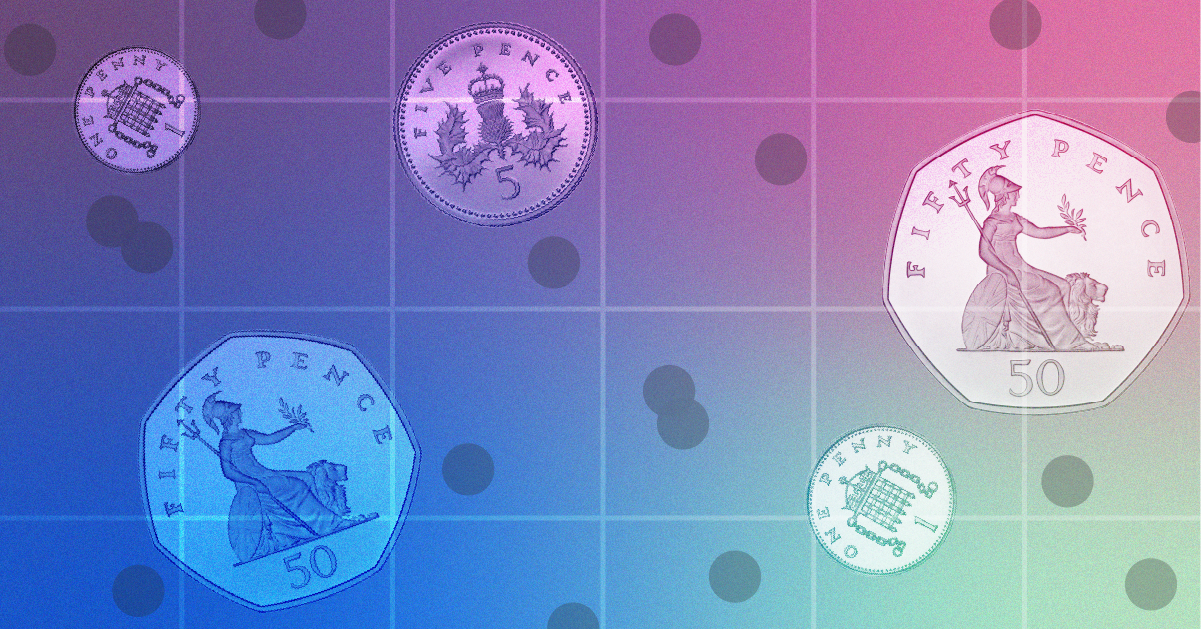
Since the beginning of 2018, government debt has been under pressure due to the normalisation of the Federal Reserve’s balance sheet and rising rates. Debt in dollars is more attractive to investors as the dollar strengthens but weighs on the issuer’s finances as the value of their currencies falls.
The sector’s recent troubles highlight the inherent risks of investing in emerging markets government debt. Some countries have a current account and / or budget deficit and are therefore more dependent on the export of goods.
Even China, which for many years exported more goods than imported, reported in the first quarter of 2018 its first current account deficit since 2001, leading the pain for investors in Asian government paper is exacerbated by the rise in the price of oil.
Countries such as India and Indonesia are major oil importers and have thus seen their current account deficits widen. Although China is not formally part of the EMBI index, many countries in this index are an important trading partners of China, and are thus vulnerable if trade volumes trickle down.
Emerging market government debt denominated in dollars has underperformed in relation to other risky assets, such as high yield corporate bonds this year.
Nevertheless, many emerging market portfolio managers argue that the sector still offers compelling investment opportunities at the country selection level, and that current valuations can provide attractive entry points.
Top Performing Funds
High-conviction strategies have typically been the best performers over the past 3 and 5 years.
Neuberger Berman Emerging Market Debt Hard Currency, which carries a Morningstar Analyst Rating of Silver, ranks as one of the best funds in its peer group over three and five years through October 2018. This fund’s team, who joined in 2013 from NN IP and is led by Rob Drijkoningen and Gorky Urkieta, focuses on bottom-up country selection, with top-down beta management, duration positioning, and corporate allocation playing secondary roles.
The fund can invest off-benchmark in emerging markets corporate bonds, which has added to its volatility over time, though its risk-adjusted track-record remains strong compared to both active and passive competitors.
Vontobel Emerging Markets Debt, rated Bronze by Morningstar Analysts, has also delivered category-topping returns over the past three and five years. Lead manager Luc D’hooge and comanager Wouter van Overfelt have managed this fund since inception in June 2013.
This is a high-conviction, bottom-up-driven approach focused on finding relative value opportunities among mispriced securities across currencies, curves, and issuers. As a result of the team’s search for mispricings, the fund treads more heavily in less-liquid frontier market issuers than its index. This is a source of risk, particularly since the strategy has grown substantially, though we remain confident on the fund’s merits overall.
Largest Funds
The sector includes sizeable funds with different investment strategies and risk profiles.
Templeton Emerging Markets Bond, which carries a Morningstar Analyst Rating of Bronze, is the largest fund in the Morningstar Global Emerging Markets Bond category. Sonal Desai will be stepping down from the fund’s helm at the end of 2018 to take over as CIO of the firm’s fixed income group.
Despite this, the fund’s deep analyst bench and distinctive approach remain strong marks in its favour.
The fund plies a benchmark-agnostic approach, building the portfolio based on the team's meticulous fundamental sovereign and currency research that incorporates feedback from local market participants. The contrarian-minded group attempts to find those opportunities early on—even in unloved or illiquid market corners – and then watch its theses unfold over several years.
For example, the team stuck with its near 10% stake in conflict-torn Ukraine in 2014-15 as the country restructured its debt; it also held on to a 15% stake in Argentine local bonds during its recent political turmoil.
Pictet-Global Emerging Debt is also one of the category’s heavy-weights. The fund’s Morningstar Analyst Rating was downgraded from Bronze to Neutral in May 2018 following the departure of Pictet’s long-serving head of emerging markets debt, Simon Lue-Fong. Guido Chamorro and Philippe Petit, who have been part of the team since 2007, have been appointed provisionally as heads of this fund’s hard-currency strategy.
But Pictet is also looking to hire a senior investment manager and will only make a definitive appointment after the new member is on board, which adds some uncertainty. This fund has substantial amount of freedom to deviate from the benchmark; up to 33% of assets can be invested in local currencies and local bonds and developed-markets debt and currencies.









.jpg)























